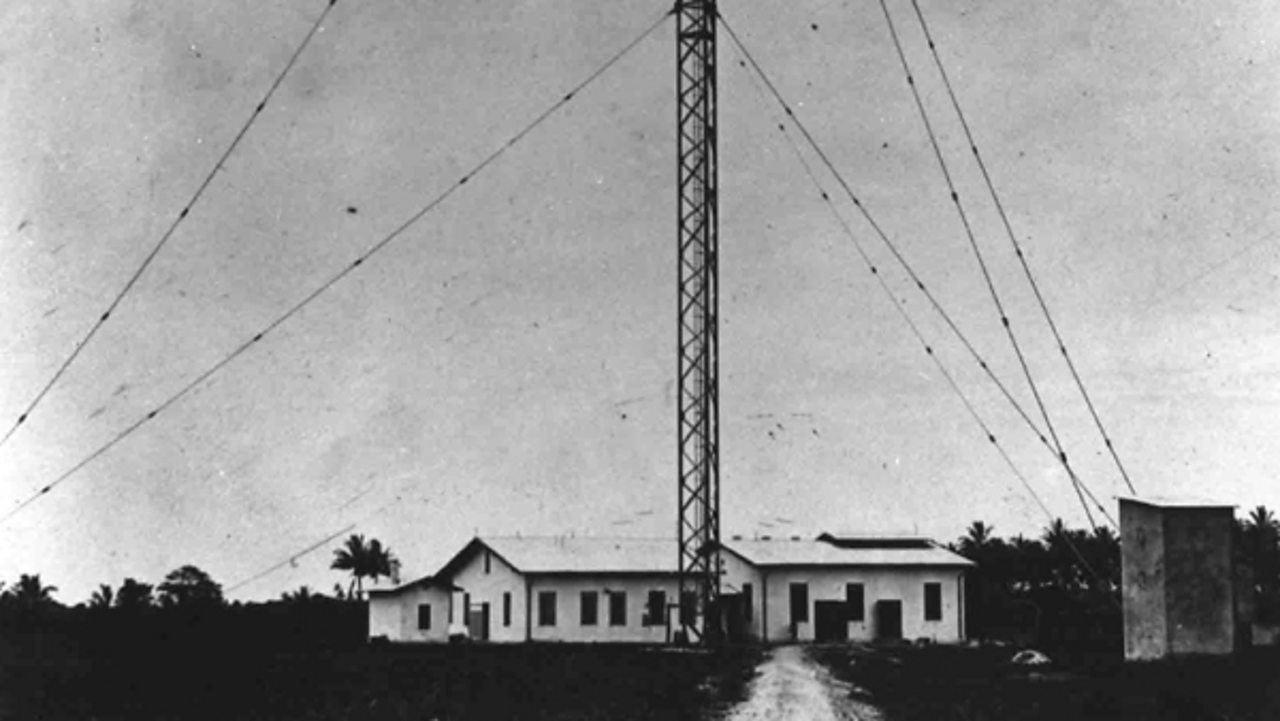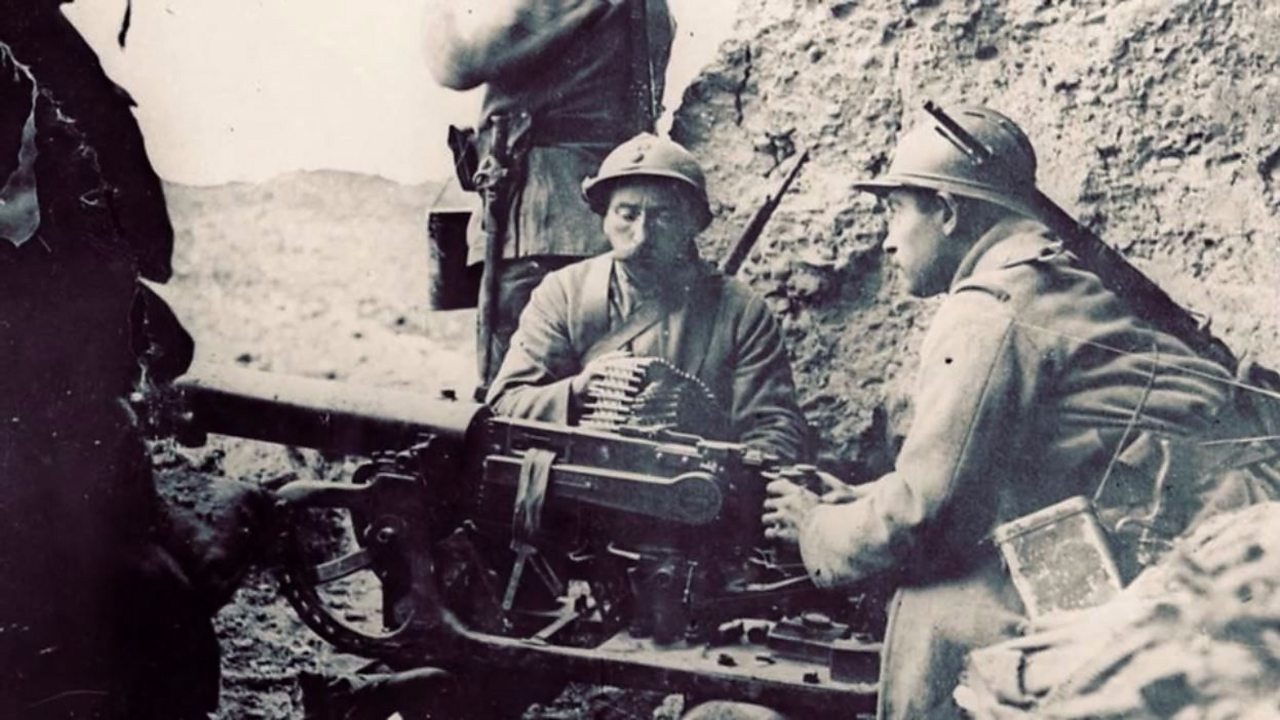WW1: What caused Verdun to be the longest battle of the war?
A new kind of warfare
Verdun was one of the most savagely fought battles of World War One. The Germans fired two million shells in the opening eight-hour bombardment, and tens of millions were fired over the course of the conflict.
It was also the longest battle, lasting 300 days and leaving an estimated 800,000 soldiers dead, wounded or missing. At the end of the bloodshed, France emerged as the victor, yet neither side had much to show in the way of military gains.
A deadly combination of strategy and circumstances ensured Germany and France fought on for nearly 10 months, even when the largest swathe of territory gained amounted to a mere five miles. Pride, politics and tactics would all play a role in prolonging one of the deadliest conflicts of the Great War.
The place of judgement
General Erich von Falkenhayn, the Chief of the General Staff and Germany’s principal strategist, targeted the French town of Verdun because of its position on the Allied line and its sentimental value to the French people. He hoped that France would “throw in every man they have” to defend it, draining its army of resources.
Britain via Verdun
Falkenhayn was convinced by 1916 that the war could only be won on the Western Front. Britain was Germany’s most formidable military foe, but remained out of reach across the Channel. He needed to weaken the French first.
He planned to use a relatively small number of men to capture the high ground to the north of Verdun and then to inflict enormous casualties on the French using his superior German artillery to halt their counter-attacks. Falkenhayn hoped to combine the Verdun offensive with a U-Boat offensive against British shipping. The two campaigns together should have brought France and Britain to terms.
But Falkenhayn's plan for an attack that would economise on German resources failed to work out as he had expected. He used many more divisions than planned. Germany accumulated huge losses and gained little territory, leading it to throw more and more men into the conflict: Verdun soon became a battle of prestige for the Germans, as well as the French.
CLICKABLE: Grinding warfare
The death toll at Verdun was consistently high across the 10 months of the battle in 1916.
Click or tap below to reveal key events which prolonged the conflict.
Source: Figures supplied by Mémorial de Verdun, taken from A. Prost & G. Krumeich’s Verdun 1916. Casualties refers to dead, wounded or missing soldiers. The battle started on 21 February and ran until 15 December. Casualties from outside this period not included.
The Sacred Way
The French and German armies needed effective supply routes to ensure they could get men and munitions to the front line. For the French, that meant relying on a single road.
''They shall not pass'
General Falkenhayn was notoriously secretive and shared very little with his staff about his strategy or aims for the battle.
As a result, German commanders had different objectives, ranging from capturing the town of Verdun to destroying the French army. Without a clear strategy, there was confusion about how to conduct the offensive.
As the conflict wore on, division within the top ranks of the German army became apparent. Some commanders, such as the Kaiser's son, Crown Prince Wilhelm, wanted attacks to cease, while others encouraged Falkenhayn to reapply pressure. Falkenhayn eventually halted the offensive in July.
But in August, with Germany and Austria-Hungary facing synchronised Allied summer offensives, Falkenhayn tendered his resignation. Falkenhayn's successors, Paul von Hindenburg and Erich Ludendorff, upheld the decision to suspend attacks at Verdun, but Germany defended its new positions there. It would be another four months before the conflict ceased. By December, France had won back nearly all the territory it had lost in February.


